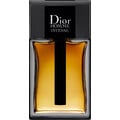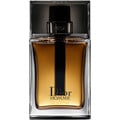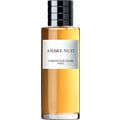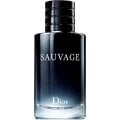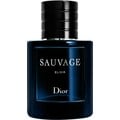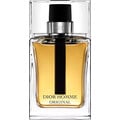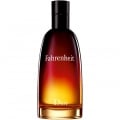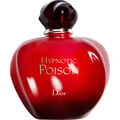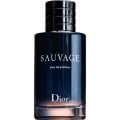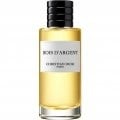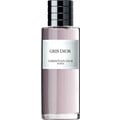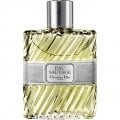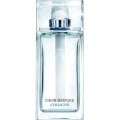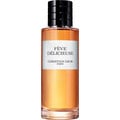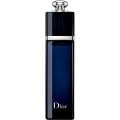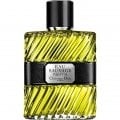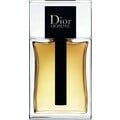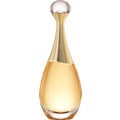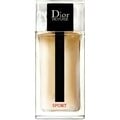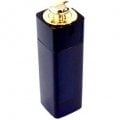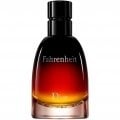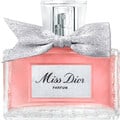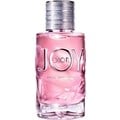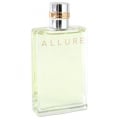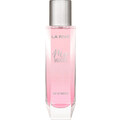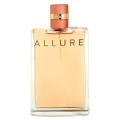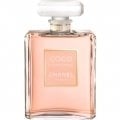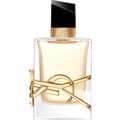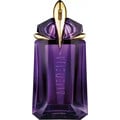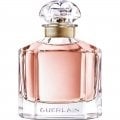08/28/2018

Lilau
5 Reviews
Translated
Show original

Lilau
Top Review
36
Dior walks in the footsteps of Chanel
Of course I had to test this fragrance, too, because I thought Dior would finally be able to dare something new again.
We were disappointed by the name alone, not only by the classic "Joy" by Jean Patou, but also by the fact that the "J'adore in Joy" by Dior already exists. Nevertheless, there was still such a spark of hope that the scent might tear it out after all.
In my favourite perfumery, where I hadn't been in for a while (I'm pretty happy right now), a Joy sample was waiting for me. You can spray yourself generously with it, after only one sprayer the scent was in 10 minutes no longer to be guessed.
After another 5 minutes Joy smelled like Allure, EdT, from Chanel, only perhaps with a more modern top note. Joy also didn't show me the facets of the initially fresh and spicy Allure, which then becomes soft and creamy, although such were predicted.
So Dior brings out a fragrance that actually already exists. By the way, I made the direct comparison on my skin, can not only write this from the memory of Allure.
That's why I won't buy Joy, because he doesn't offer enough for the price, durability and sillage can't keep up with Chanel. Allure is the better choice for me, also the cheaper one!
Still, I don't want to claim that Joy is a bad scent.
It is suitable for everyday use, citric-floral-creamy, fine and delicate, not too sweet. A soft musk base keeps very quiet, but still on the skin for some time! A very pleasant perfume of the day. I guess you can't go wrong with that scent. But I dare doubt whether the price/performance ratio is right.
Which target group Dior wants to address this time is not quite clear to me.
Or is it?! Just as with "Gabrielle" by Chanel this groaning was, however, this smell had nevertheless no similarity with an already brought out smell. So, so to speak, to bring out a classic in a modern and nice little dress that everyone wants to wear?
To the very sweet fraction, this fragrance is certainly too "unsweet"! They stay with La Vie est Belle, Black Opium or Mon Guerlain, etc., who also have a clearer presence.
Those who are looking for a nice everyday scent may find it cheaper. Jennifer Lawrence is surely an expensive advertising partner, the customer must then also "pay"!
And those who want to attract attention will certainly not have any joy with this Joy.
That's why I can't imagine Joy becoming a "hit" from Dior! Still, he'll have his fans....!
I would have liked a fragrance from Dior that had more expressiveness and character. And just to bring something really new to the market, nothing that has ever been there before! But, I think there won't be anything coming so soon!
We were disappointed by the name alone, not only by the classic "Joy" by Jean Patou, but also by the fact that the "J'adore in Joy" by Dior already exists. Nevertheless, there was still such a spark of hope that the scent might tear it out after all.
In my favourite perfumery, where I hadn't been in for a while (I'm pretty happy right now), a Joy sample was waiting for me. You can spray yourself generously with it, after only one sprayer the scent was in 10 minutes no longer to be guessed.
After another 5 minutes Joy smelled like Allure, EdT, from Chanel, only perhaps with a more modern top note. Joy also didn't show me the facets of the initially fresh and spicy Allure, which then becomes soft and creamy, although such were predicted.
So Dior brings out a fragrance that actually already exists. By the way, I made the direct comparison on my skin, can not only write this from the memory of Allure.
That's why I won't buy Joy, because he doesn't offer enough for the price, durability and sillage can't keep up with Chanel. Allure is the better choice for me, also the cheaper one!
Still, I don't want to claim that Joy is a bad scent.
It is suitable for everyday use, citric-floral-creamy, fine and delicate, not too sweet. A soft musk base keeps very quiet, but still on the skin for some time! A very pleasant perfume of the day. I guess you can't go wrong with that scent. But I dare doubt whether the price/performance ratio is right.
Which target group Dior wants to address this time is not quite clear to me.
Or is it?! Just as with "Gabrielle" by Chanel this groaning was, however, this smell had nevertheless no similarity with an already brought out smell. So, so to speak, to bring out a classic in a modern and nice little dress that everyone wants to wear?
To the very sweet fraction, this fragrance is certainly too "unsweet"! They stay with La Vie est Belle, Black Opium or Mon Guerlain, etc., who also have a clearer presence.
Those who are looking for a nice everyday scent may find it cheaper. Jennifer Lawrence is surely an expensive advertising partner, the customer must then also "pay"!
And those who want to attract attention will certainly not have any joy with this Joy.
That's why I can't imagine Joy becoming a "hit" from Dior! Still, he'll have his fans....!
I would have liked a fragrance from Dior that had more expressiveness and character. And just to bring something really new to the market, nothing that has ever been there before! But, I think there won't be anything coming so soon!
18 Comments

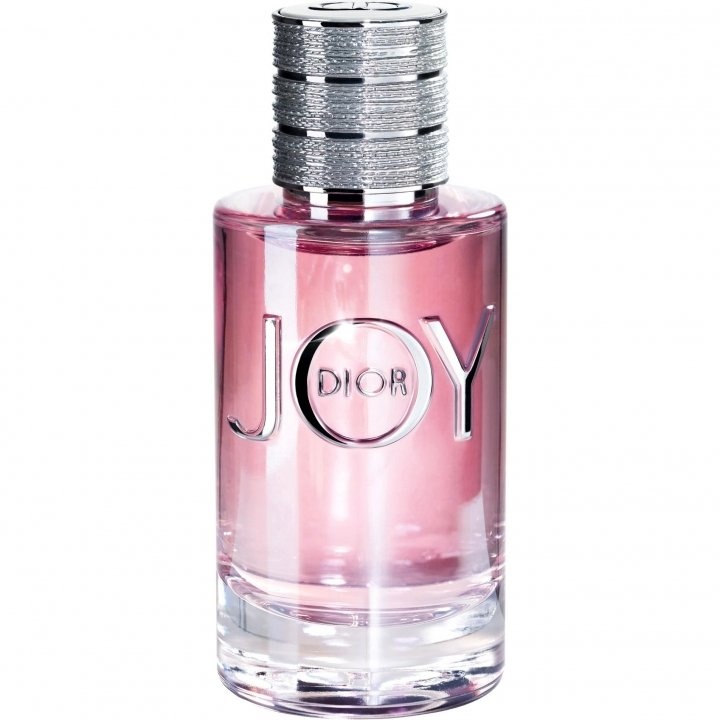

















 IanFriedrich
IanFriedrich Reniferka
Reniferka Jazzy76
Jazzy76 Kchatman
Kchatman Rosymel
Rosymel